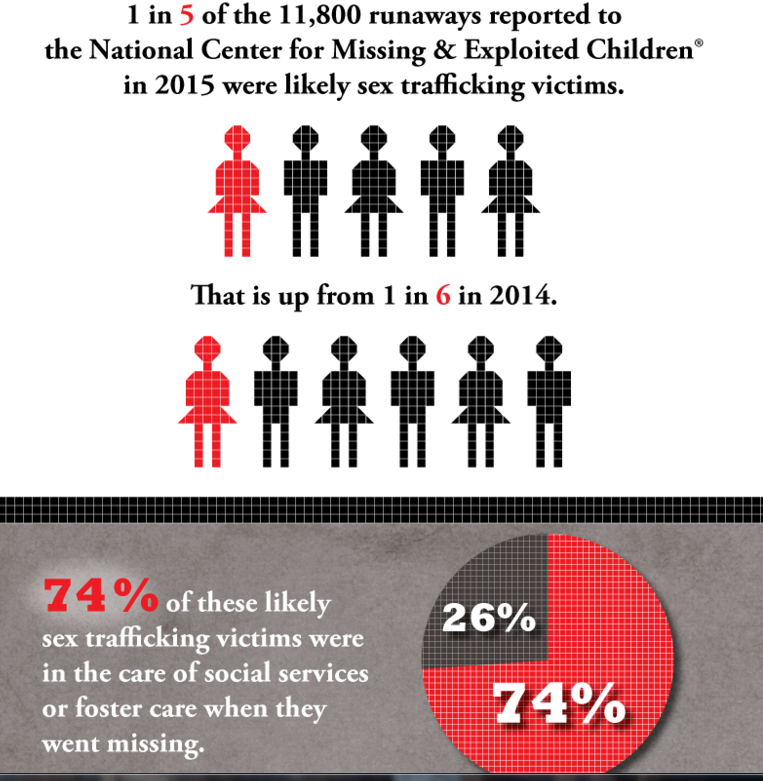The county department of social services (DSS) receives a report that a 65-year old woman, Mary, was injured by a family member who repeatedly hit her during a dispute that took place at Mary’s home. Mary lives with her adult daughter, Patricia, and son-in-law, Frank. The report includes a statement that Mary has been recently diagnosed with dementia and has not left the house in more than a month. After finding the necessary allegations to screen the report in as an adult protective services (APS) report, the case is assigned to an APS caseworker who commences an evaluation to investigate the report further and determine whether Mary is a disabled adult subject to abuse, neglect, or exploitation and in need of protective services. See G.S. 108A-103.
When the caseworker goes to visit Mary as part of the evaluation, Frank refuses to allow her in the home. The caseworker returns multiple times and each time is denied entry and access to Mary. The caseworker determines that it is not possible to complete the evaluation without meeting with Mary. Is there anything that she can do to gain access to the home and thus to Mary? Continue Reading
